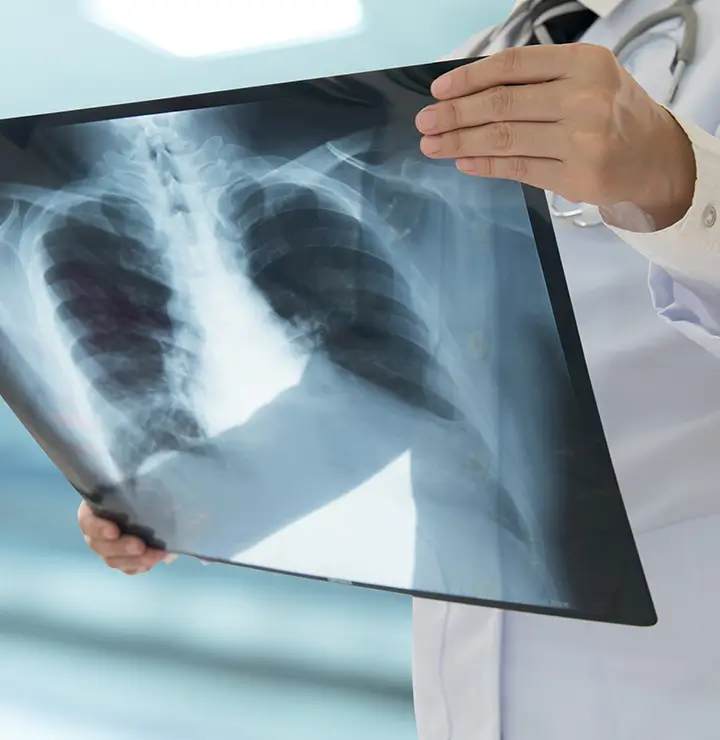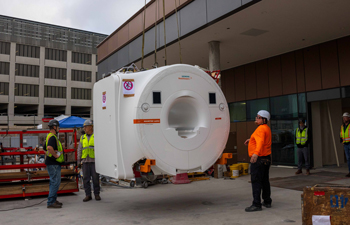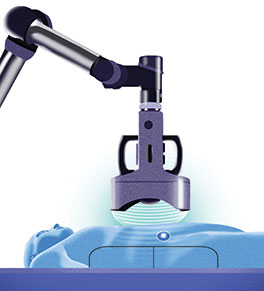Abdominal Imaging
The abdominal imaging specialists at UCI Health Radiology Services use their expertise to non-invasively identify diseases of the abdomen and pelvis as early as possible.
Our specialists use the most powerful, sophisticated imaging equipment available today. Our services include imaging with traditional X-rays, fluoroscopy, ultrasound, computed tomography (CT) and magnetic resonance imaging (MRI).
After your images are read, we work closely with your referring physician to provide fast, accurate results.
We strive to give every patient the best care available by using high-quality radiological examinations, patient-specific imaging and precise image interpretation and diagnosis.
To make an appointment, call 714-456-RADS (714-456-7237).
Why choose us
Complete care for all abdominal conditions
Our radiologists perform diagnostic imaging within the abdomen and pelvis, including the:
Accurate image reading and diagnosis
We know accurate image interpretation and a timely diagnosis is important to you, and at UCI Health, it is our highest priority. Our specialists are skilled in interpreting images, including CT, MRI, PET/CT, ultrasound, radiography and fluoroscopy of the abdomen and pelvis.
Patient-focused care
We give patients all of the benefits of abdominal imaging and diagnostic exams while reducing the risk of overexposure to radiation.
World-class team
Our radiologists are among the best in their field. Many of them have been repeatedly named Best Doctors in America in national surveys of their peers. Our approach to your care is collaborative; we work across teams and specialties throughout UCI Health, including digestive diseases, cancer and urology.
Conditions and services
We offer four primary types of imaging for the abdomen and the pelvis:
- CT of abdomen and pelvis
- CT and MR angiography of abdomen and pelvis
|
- Fluoroscopy of gastrointestinal and genitourinary systems
- MRI of abdomen and pelvis
|
Our team also performs imaging to help physicians diagnose and manage diseases such as:
- Abdominal/digestive disorders
- Cancer
- Colorectal polyps
- Crohn's disease
|
- Digestive disorders
- Gallbladder and related problems
- Liver disease
- Prostate cancer
|
Abdominal imaging is also used to assist with complex procedures, such as uterine fibroid treatment, virtual colonoscopies and transplants.











